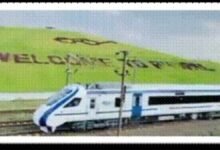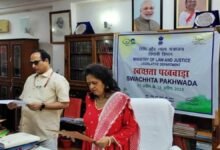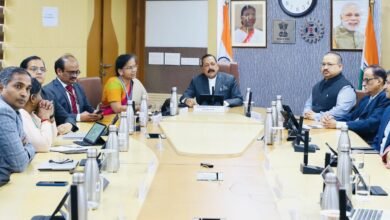India Achieves Another Major Sanitation Milestone – 50% of Villages Are Now ODF Plus Under Swachh Bharat Mission Grameen Phase II
Nearly 3 Lakh Villages Declare Themselves ODF Plus, A Significant Step Towards Achieving SBM-G Phase II Goals By 2024-25
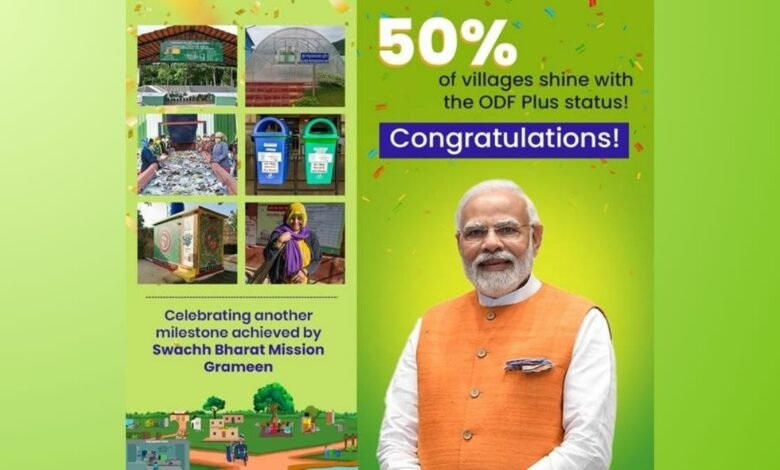
The country has achieved yet another major milestone under the Swachh Bharat Mission Gramin (SBM-G) with half of the total villages in the country i.e., 50% of villages achieving ODF Plus status under phase II of the Mission. An ODF Plus village is one which has sustained its Open Defecation Free (ODF) status along with implementing either solid or liquid waste management systems. As of date, more than 2.96 lakh villages have declared themselves ODF Plus, which is a significant step towards achieving the SBM-G phase II goals by 2024-25.
The top performing states in terms of percentage of ODF Plus villages are – Telangana (100%), Karnataka (99.5%), Tamil Nadu (97.8%) & Uttar Pradesh (95.2%) among the big states and Goa (95.3%) and Sikkim (69.2%) among small states, are the top performer. Among UTs – Andaman & Nicobar Islands, Dadra Nagar Haveli & Daman Diu and Lakshadweep have 100% ODF Plus Model villages. These States & UTs have shown remarkable progress in achieving the ODF Plus status, and their efforts have been instrumental in reaching this milestone.
Of the 2,96,928 ODF Plus villages, 2,08,613 villages are ODF Plus Aspiring villages with arrangements for Solid Waste Management or Liquid Waste Management, 32,030 villages are ODF Plus Rising villages with arrangements for both Solid Waste Management and Liquid Waste Management and 56,285 villages are ODF Plus Model villages.
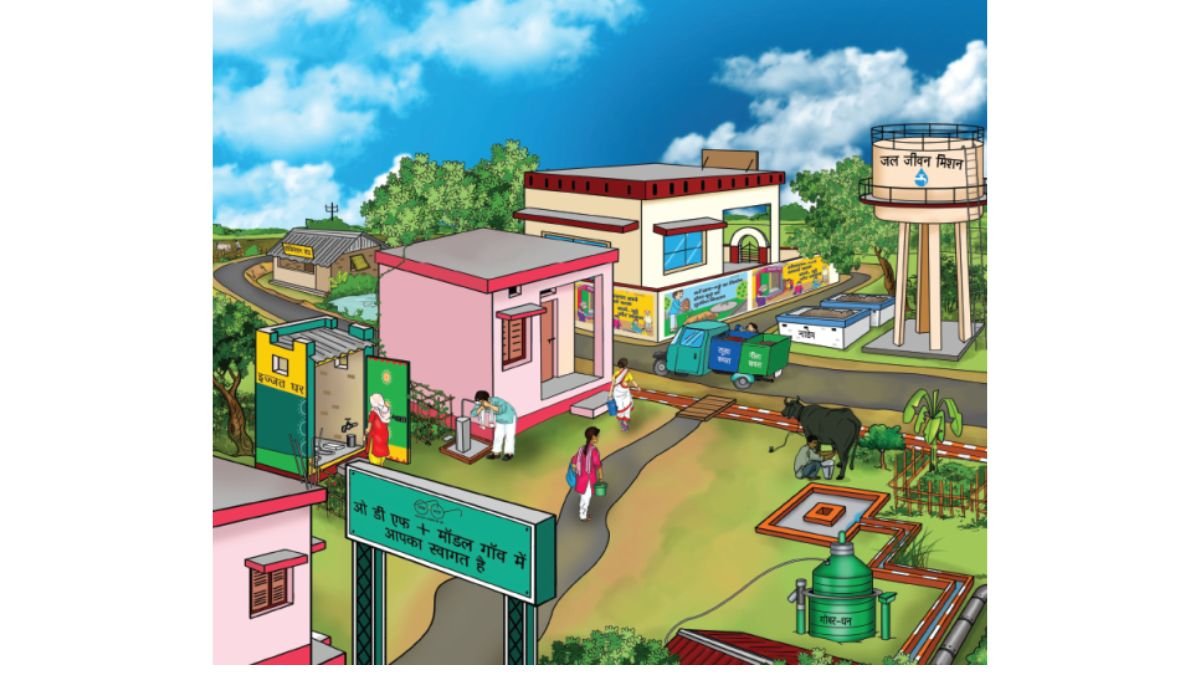
ODF Plus Model village is one which is sustaining its ODF status and has arrangements for both Solid Waste Management and Liquid Waste Management; observes visual cleanliness, i.e., minimal litter, minimal stagnant wastewater, and no plastic waste dump in public places; and displays ODF Plus Information, Education & Communication (IEC) messages. So far, 1,65,048 villages have arrangements for solid waste management, 2,39,063 villages have arrangements for liquid waste management, 4,57,060 villages have minimal stagnant water and 4,67,384 villages have minimal litter.
Between 2014-15 and 2021-22, the Central Government has allocated a total of INR 83,938 crore to Swachh Bharat Mission Grameen The allocation for the year 2023-24 is Rs. 52,137 Crore. In addition to the SBM(G) funds, there is a clear allocation of 15th FC funds for sanitation. These funds have been utilized to build sanitation assets, promote behaviour change, and implement solid and liquid waste management systems.
This year marks 9 years of the Swachh Bharat Mission. The achievement of 50% ODF Plus villages is a significant milestone for India as it is going beyond just construction and use of toilets towards complete and absolute cleanliness i.e., from ODF to ODF Plus. The major components of the Phase-II of SBM (G) are Sustaining Open Defecation Free Status (ODF-S), Solid (Bio-degradable) Waste Management, Plastic Waste Management (PWM), Liquid Waste Management (LWM), Faecal Sludge Management (FSM), GOBARdhan, Information Education and Communication/Behavior Change Communication (IEC/BCC) and Capacity Building. The SBM-G program has been instrumental in improving the health and well-being of millions of people across the country. Several reports in the past few years have exhibited the ground impact of the SBM-G programme.
Top Performing States/UTs Include Telangana, Karnataka, Tamil Nadu, Uttar Pradesh, Goa, Andaman & Nicobar Islands, Dadra Nagar Haveli & Daman Diu And Lakshadweep
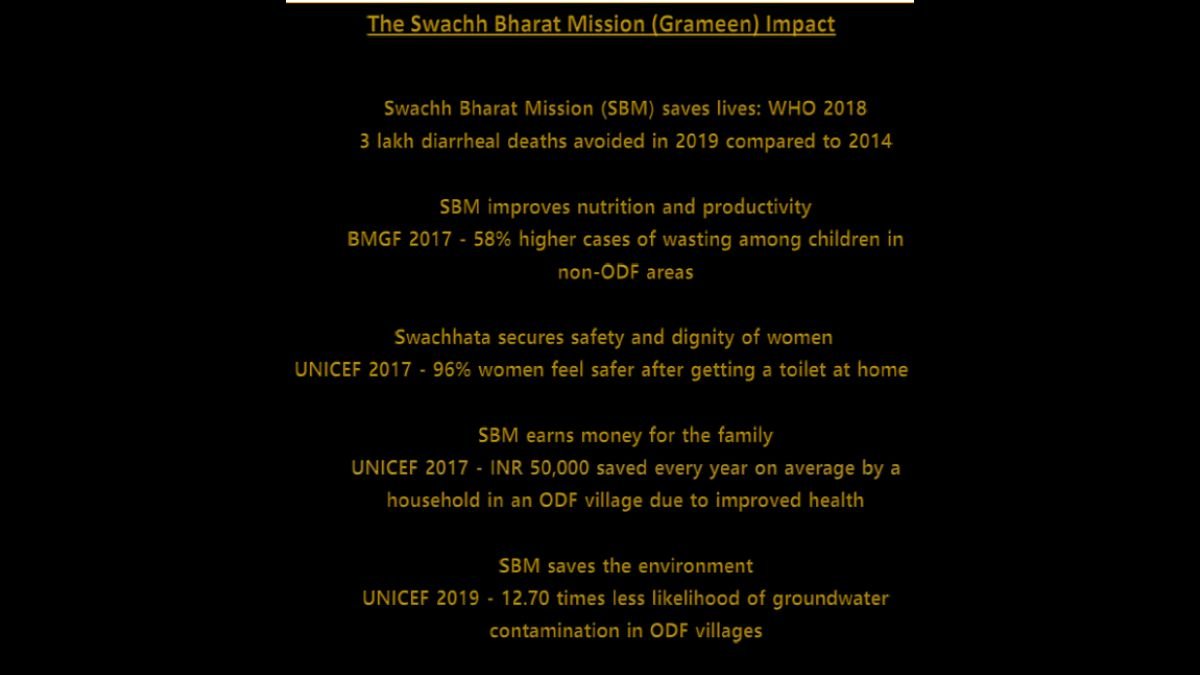
In terms of Plastic waste management, 831 Plastic Waste Management Units and 1,19,449 waste collection & segregation sheds have been set up. The plastic is cleaned, shredded, bailed and transported for use in road construction as per the guidelines issued by the Ministry of Road Transport & Highways and also as a fuel in cement factories etc. More than 1 lakh Gram Panchayats have passed a resolution for a ban on Single Use Plastic (SUP).
683 Functional Bio-Gas/CBG Plants set up across 206 districts
3,47,094 Community compost pits constructed
For Biodegradable waste management at the household level, people are being encouraged to segregate their dry and wet (organic) waste at the source for composting at the community level. 3,47,094 Community compost pits have been constructed, as of date. GOBARdhan, which stands for Galvanising Organic Bio-Agro Resources-dhan, is an initiative to support biodegradable waste recovery, conversion of waste into resources and creation of a clean & green village. It is a ‘waste to wealth’ initiative wherein waste generated in villages is used to generate biogas/CBG as well as bio-slurry/bio-fertilizer and is in tune with the circular economy and Mission LiFE initiatives of GoI.
683 Functional Bio-Gas/CBG Plants have been set up across 206 districts. This has numerous advantages including, Eco-friendly energy source, Nutrient rich slurry to enhance soil quality and reduce dependence on chemical fertilizers, Clean surroundings and reduced incidence of vector-borne diseases, Saving in economic costs arising out of poor sanitation and health conditions, Reduced Green House Gases (GHG) emission, Reduction in import of crude oil (Forex saving), Employment opportunity for the local community, Foster entrepreneurship and boost private investment in the green energy sector, Augment incomes of farmers/ local village community from organic waste, and taking care of agri-residue.
22 Lakh Soak Pits (Community & Household) Constructed To Manage Grey Water
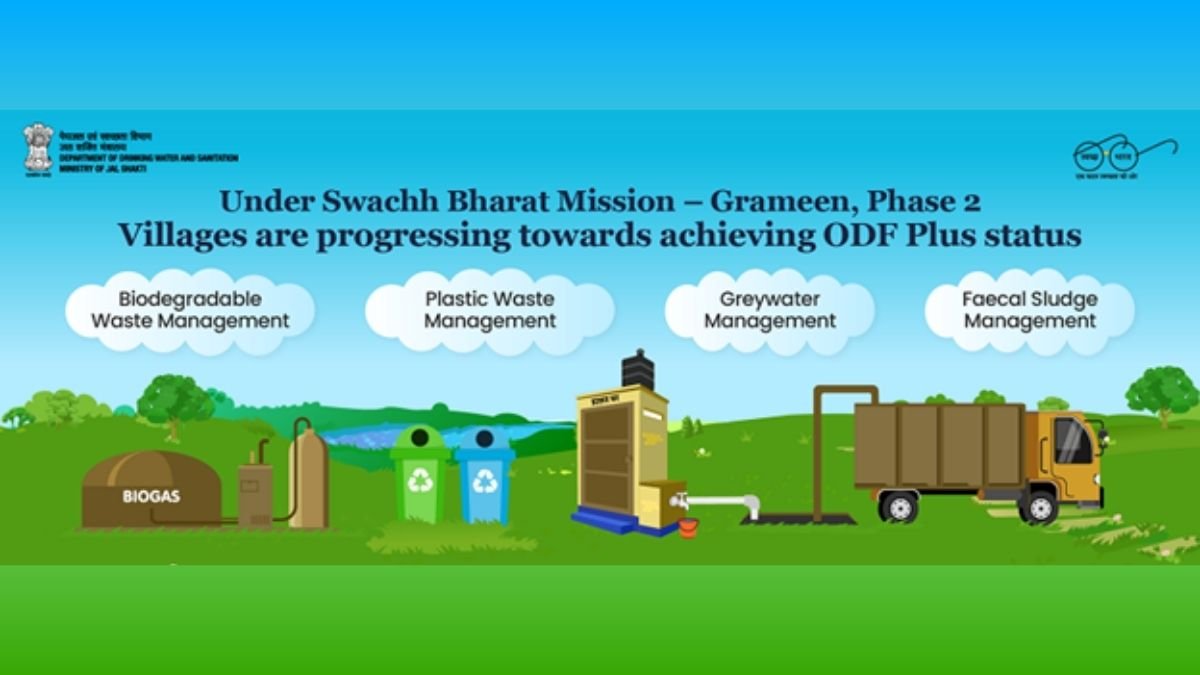
For Grey water management, which is the wastewater generated from everyday household chores- cleaning, cooking, bathing etc, in villages that do not have drainage systems, soak pits/leach pits or magic pits at the household and community levels can effectively treat grey water. A special campaign Sujlam was undertaken and approximately 2.2 million (22 lakh) soak pits (community & household pits) were made to manage grey water. Now, Sujalam 3.0 has been launched for holistic and convergent Greywater Management.
For Faecal Sludge, which is the wastewater generated from toilets, SBM(G) ensures effective management of faecal sludge, by supporting Districts to strengthen mechanized desludging of on-site sanitation systems and establishing treatment units for the safe disposal of faecal sludge. FSM is managed at the household level via the provision of retrofitting of toilets into twin pit toilets (or similar systems) and managed at the village level by treatment at Sewage Treatment Plants (STPs)/Faecal Sludge Treatment Plants (FSTPs) located in urban areas for villages in proximity to urban areas, FSTPs for the cluster of villages that cannot be linked to existing treatment systems, and Deep Row Entrenchment for the cluster of villages or a large isolated village where FSTP is not feasible. Currently, 591 FSTPs are functional.
SBM(G) is a shining example of what can be achieved when there is a concerted effort to improve sanitation and hygiene. Department of Drinking Water & Sanitation, Ministry of Jal Shakti congratulates and applauds the contribution of all villages, Gram Panchayats, Districts, States/UT on this proud achievement.
Disclaimer: This is an official press release by pib.
